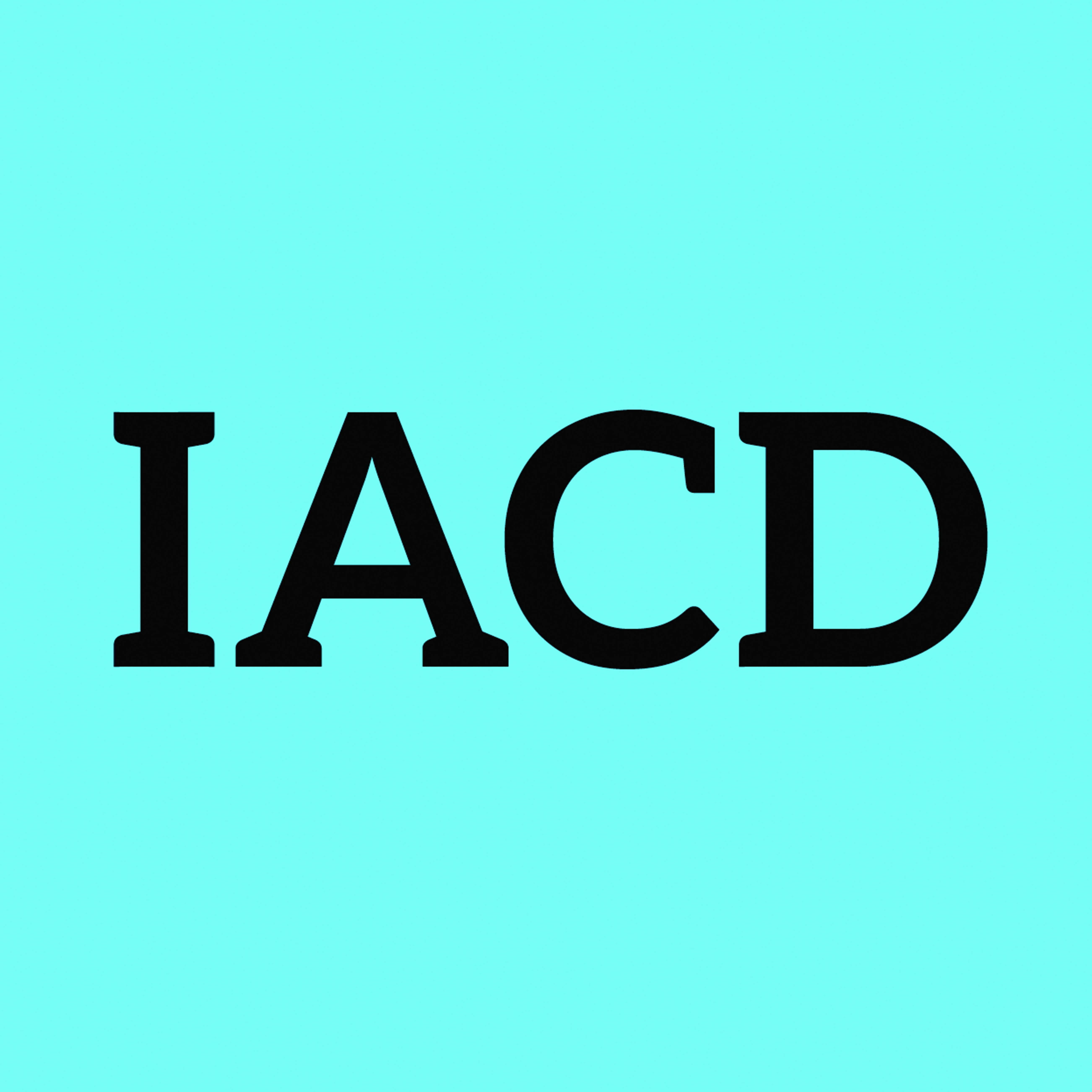The Institute for Attachment and Child Development was set to put on a community workshop discussing Reactive attachment disorder, but it was halted, leaving the community with unanswered questions.
Within the university’s department of psychology, there were voiced concerns about the credibility of the form of therapy being promoted by the Institute for Attachment of Child Development. This resulted in Ivinson Memorial Hospital withdrawing their invitation for the workshop.
“I think it’s just a sad situation when a workshop with 80 some people signed up, where one person (not associated with the university) can cast doubt on a profession that has 10,000 followers and our success,” Forrest Lien, the institute’s executive director, said.
Following the cancellation of the workshop, 15 faculty members from the psychology department signed a letter that was published in the Boomerang providing an explanation of their concerns.
Part of the concern stems from the earlier days of the institute, however, Lien said things quickly changed after he arrived there.
“I was brought on to move on with more respectful ways to work with these kids,” Lien said.
Rage reduction therapy consists of a rebirthing session where the child is tightly wrapped in a blanket, held down and forced to free themselves from the restraints to simulate being reborn. This is the “therapy” used during the specific incident in 2000 that led to the death of 10-year-old Candace Newmaker.
“To me, it retraumatized kids,” Lien said. “I call it terrorism.”
Lien worked hard to rebrand the institute’s image and therapies used, but still, the attachment profession continues to be wrongly implicated for that tragedy.
The current form of treatment, although not an exact copy of the holding therapy, still carries some concerning aspects for those within the psychology field. Clinical Psychologist at UW Cynthia Hartung said it’s specifically the emotional abuse and neglect.
The second cause for concern from the department of psychology is in regard to the lack of evidence and research-based treatments.
“We’re researchers,” Hartung said. “I’m a licensed clinical psychologist and I would have told you before I ever knew anything about IACD, that there are no evidence-based treatments for attachment disorder. However, there are evidence-based treatments for the emotional and behavioral problems that these children may be displaying in addition to attachment issues.”
UW’s clinical psychology program teaches graduate students the therapies that are evidence-based. Hartung says this means the methods are tested in randomized, controlled trials against other therapies, rather than being based on theoretical models.
“Reactive attachment disorder is a pretty touchy disorder,” Developmental Psychologist Narina Nunez said. “The American Psychiatric Association is struggling with what exactly it is, but what everybody agrees, is that it is extremely rare.”
Nunez provided an example of Romanian orphanages. These orphanages are in a setting where, under such extreme conditions, children are likely to develop reactive attachment disorder. Both psychologists agreed that the IACD’s high number of diagnosis, for a relatively rare disorder, is extreme.
“It just kind of boggles the mind that you would be able to get enough kids with this disorder and well, it’s because they pull in kids without the disorder,” Nunez said.
Because many of the children who are being treated at the institute come from orphanages, Nunez believes most of the cases should be treated as trauma, rather than attachment disorders.
“The problem is, if they have been traumatized, then you’re traumatizing them further by emotionally abusing and neglecting them,” Hartung said.
Since 1972, the IACD continues to operate, which causes questioning as to why that is. The explanation for this, Hartung said, is due to the lack of complaints.
“If I’m a parent of a difficult child, do I really then have the energy to go back and say, ‘I’m going to do what needs to be done through the system,’” Hartung said.
While UW’s Psychology Department was not responsible for pulling the plug on the workshop, there were some within the department who were glad Ivinson and the university withdrew the invitation.
“I think that it’s harmful for someone to come to campus and it’s endorsed by the University of Wyoming, for a treatment that is known in my field to be harmful,” Hartung said. “Desperate parents are going to become hopeful and think that this is going to fix everything and instead of seeking out evidence-based treatment for their child, they’re going to go spend their time and money on this and I think that’s dangerous.”
Despite the IACD’s treatment method not being backed by hard research, Lien says they would not be licensed in Wyoming and Colorado and would not be endorsed to visit Wyoming by Karen Aurand, the state’s director at the department of human service, if they were harming children.
“Take a look at us,” Lien said. “We’re not doing anything controversial. We’re not holding children, we’re not holding them down. We were invited to come speak there, it’s not like I was beating down the doors to convince people that ‘boy, you better believe me.’ I was just asked to come share our thoughts and our successes and people can walk away making their own decision. But, they never even had the opportunity.”
Clarification: The Institute for Attachment and Child Development was not involved in the case of Candace Newmaker. The IACD has never participated in Rage reduction therapy or rebirthing sessions.



